Podcast: Play in new window | Download
Hosts
Ryan Ripley, Zach Bonaker, Glen Alleman
Discussion
Glen Alleman has more than 30 years of experience as a program manager and performance management consultant in the aerospace, defense, and enterprise information technology fields. He is the author of the Herding Cats Blog. His latest book is called “Performance Based Project Management: Increasing the Probability of Project Success”.
Zach is an independent agile coach who brings a systems thinking approach to his coaching work. He is fondly known as the benevolent trouble maker, and is joining us again as co-host this evening.
To kick off the show, Glen talked about the need to estimate when working in uncertain domains and gave us a glimpse into how he makes decisions on his project and how he has implemented agile on large programs. We then moved in to the topic of #NoEstimates. The key question that Glen has about #NoEstimates is as follows:
“In what paradigm can you make a decision in the presence of uncertainty about a future outcome without making an estimate of that outcome?”
Glen shared how his teams approach estimation and gave some insights in to recent project failures that have made the headlines. He readily shared that estimates can be misused by management and was adamant that this kind of bad management must be avoided. In fact, this kind of management is the key reason Glen attributes to the #NoEstimates movement resonating with developers.
The wrap up centered around who ultimately pays the bill for #NoEstimates. Glen noted that much of the #NoEstimates behavior is driven by those who are not signing the checks – it isn’t their money. Exploration is paid for by someone and that someone has value at risk that must be mitigated. He advocated for better training for managers on how to use and create proper estimates.
From his latest blog post:
“This of course goes for the #Noestimates notion as well – ask those paying if they have no interest in knowing when those capabilities will be available and how much they will cost. You may get a different answer that the one provided by the developer, who does not own the money, the business accountability, or the balance sheet performance goals.”
Glen also provided notes on the discussion that can be found here and here.
Take Aways
- Definitions matter: Is story slicing estimating? Are forecasting, projecting and estimating all interchangeable terms or do they have different meaningss to teams and stakeholders?
- Upstream decision making should be addressed. Or is #NoEstimates purely a developer play?
- Estimates as a dysfunction: Can we clearly state the dysfunctions that we are correcting by seeking alternatives to estimating?
- Projects are still failing miserably with governance and estimating processes in place. Both sides are seeking to solve this problem but at opposite ends of the spectrum. One end wants to improve the estimating process and estimates, while the other is seeking alternatives. BUT how do we know that estimates caused the failures?
Resources, Plugs, and More
Ryan – http://agileanswerman.com
- Predicting the Unpredictable by Johanna Rothman
Zach – https://www.linkedin.com/in/zachbonaker
- Reinventing Organizations by Frederic Laloux

